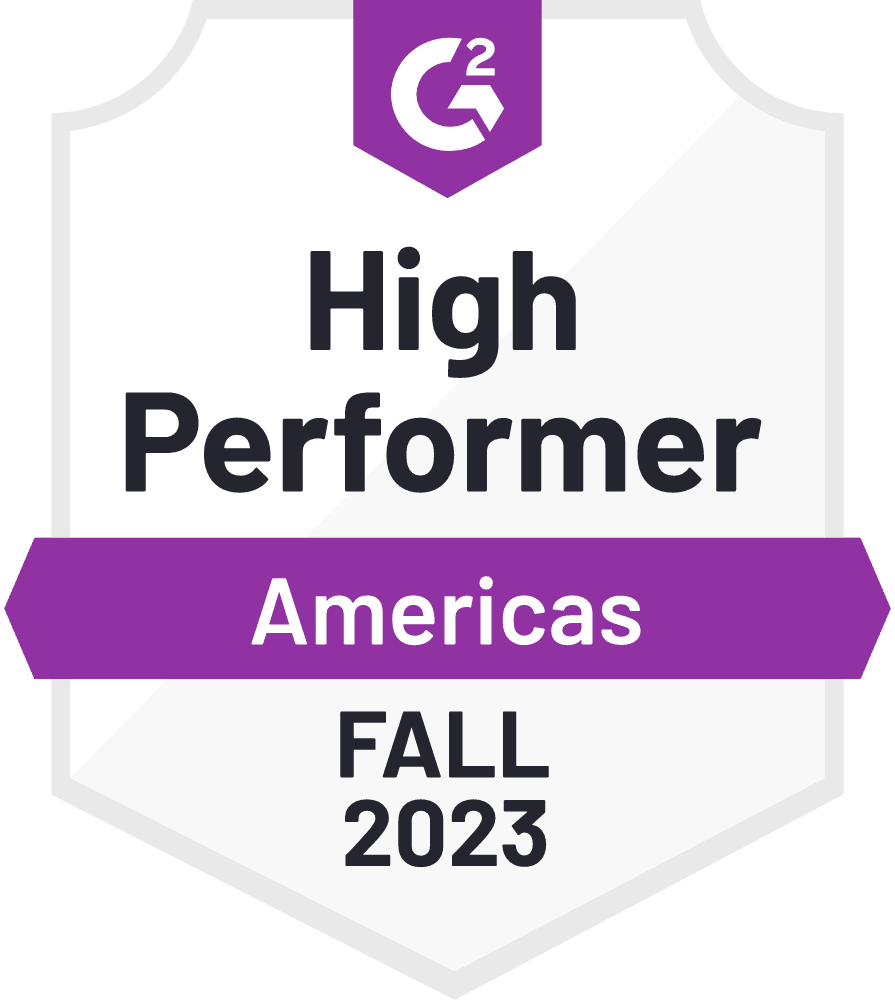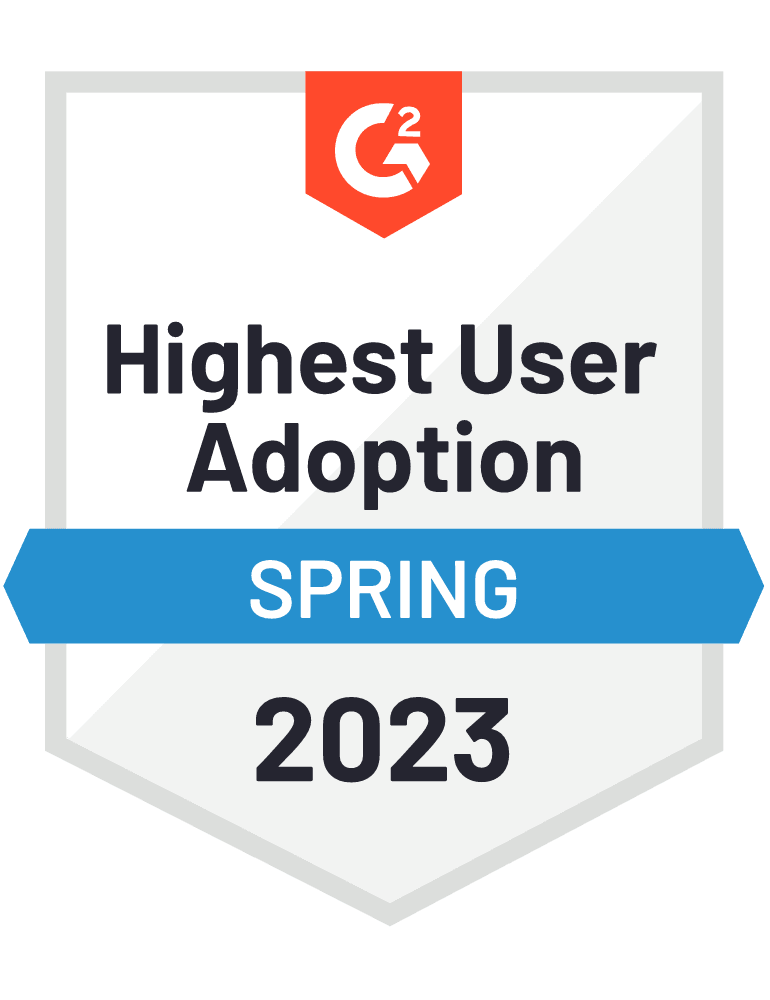We know, you’ve got a lot going on. So much, in fact, that you don’t have a ton of time to worry about what’s new in the payroll world. That’s where we come in!
Want to make sure you’re not missing important developments in the payroll scene? Never fear: we’ve got the round-up of payroll news and updates that you need to know in order to stay in the loop. This is Pay Matters – the June 2018 edition.
Read on to stay informed and stay in compliance with relevant alerts and insights that matter most for your payroll.
FEDERAL PAYROLL UPDATES
IRS Grants 2018 HSA Relief
The Internal Revenue Service announced relief for taxpayers with family coverage under a High Deductible Health Plan (HDHP) who contribute to a Health Savings Account (HSA). For 2018, taxpayers with family coverage under an HDHP may treat $6,900 as the maximum deductible HSA contribution, although the IRS had previously announced the limit to be $6,850.
A change in the inflation adjustment calculations for 2018, under the Tax Cuts and Jobs Act, had reduced the maximum deductible HSA contribution for taxpayers with family coverage under an HDHP by $50, to $6,850.
In a turnaround, Revenue Procedure 2018-27 announced this relief for affected taxpayers and allows the $6,900 limitation to remain in effect for 2018.
IRS Announces 2019 HSA Limits
The IRS has announced the increased HSA contribution limits for 2019.
The maximum contribution for an individual with self-only coverage under a high deductible health plan (HDHP) will be $3,500, up $50 from 2018.
The maximum contribution for an individual with family coverage under a HDHP will be $7,000, up $100 from the revised 2018 cap (see previous item).
An HDHP will be defined as a plan with an annual deductible of at least:
Self-only coverage: $1,350
Family coverage: $2,700
For more, including out-of-pocket limits, click here.
IRS Announces 2019 ACA Penalty Increase and Higher Safe Harbor Affordability Percentages
ACA Employer Mandate Penalties are increasing.
The IRS has released the index adjusted penalty amounts for 2019 as follows:
- The amount of the 4980H(a) penalty is $2,500 per employee per year, an increase from $2,320.
- The amount of the 4980H(b) penalty is $3,750 per employee per year, an increase from $3,480.
In addition, the safe harbor percentage for calculating affordability is increasing in 2019 from 9.56% to 9.86%. Viventium will update our ACA service with the new percentage for 2019.
STATE PAYROLL UPDATES
New York Extends Hire-a-Veteran Credit
The New York State Hire-a-Veteran credit has been extended through the tax year 2020. Previously, the last tax year the credit could be claimed was 2018.
The credit is available to employers for hiring and employing qualified veterans, for not less than one year and not less than 35 hours each week. To be eligible, a qualified veteran must now begin employment prior to January 1, 2020.
For more information, click here.
New York Department of Labor Increases Youth Job Programs Credit
The New York Youth Jobs Program encourages businesses to hire unemployed, disadvantaged youth, ages 16 to 24, who live in New York State. Starting January 1, 2018, the credit amounts for each certified youth have been increased as follows:
|
Employment period
|
Prior Amount |
New Amount |
| Full-time |
Part-time* |
Full-time |
Part-time*
|
|
Monthly credit for first 6 months
|
$500
|
$250 |
$750 |
$375
|
|
Credit after additional 6 consecutive months
|
$1,000
|
$500 |
$1,500 |
$750
|
| Credit for additional year** |
$1,000 |
$500 |
$1,500 |
$750
|
*A part-time job is a job of at least 20 hours per week, or 10 hours per week when the certified youth is enrolled in high school full-time.
**After the completion of the first two time periods and all the employment conditions were met for those time periods.
For more information on this credit, visit the DOL website at www.labor.ny.gov.
New Jersey Paid Sick Leave is Coming
Effective October 29, 2018, private employers in New Jersey will be required to accrue and pay sick leave for their employees.
Under the bill, New Jersey employers must accrue 1 hour of paid sick leave for every 30 hours worked, up to 40 hours annually. Unused leave may be carried over to the following year. However, employees are not required to grant more than 40 hours of paid leave annually. There is no obligation to pay out earned but unused sick leave at termination.
Covered employees may use earned sick leave not only to care for their own physical and mental health and that of a family member, but also to attend a school meeting or event related to an employee’s child. Employees can also use their paid sick leave if a school or daycare is closed due to a public health concern.
Though several New Jersey localities have already enacted sick leave ordinances, the New Jersey state law will pre-empt any local paid sick laws.
For more information on New Jersey’s Paid Sick Leave law, click here.
Track your New Jersey Paid Sick leave requirements with PTO accruals through Viventium!
Rhode Island Paid Sick Leave Law
Rhode Island has joined the growing number of states and localities enacting paid sick leave laws. Effective July 1, 2018, Rhode Island employers with 18 or more employees must accrue paid sick leave for their employees. Employers with under 18 employees must provide unpaid sick leave. Leave can be used to care for oneself or a family member.
The amount of paid sick time to accrue is being phased in over a three-year period. Employees accrue one hour of paid sick time for every 35 hours worked, up to a maximum of 24 hours during the calendar year 2018. The maximum accrual increases to 32 hours during the calendar year 2019 and to 40 hours for future years.
Employers should be sure to review their existing policies to ensure compliance with all state and local paid sick leave laws.
For more, click here.
California Adopts Stricter Independent Contractor Test
California employers may now find it harder than ever before to prove a worker is properly classified as an independent contractor. A recent California Supreme Court decision announced that workers must meet the stricter standards for the “ABC” test to be classified as independent contractors.
Modeled after the Massachusetts independent contractor test, the new California test requires workers to meet each of three requirements to qualify as independent contractors:
(A) The worker is free from the control and direction of the hiring entity about the performance of the work, both under the contract for the performance of the work and in fact;
(B) the worker performs work that is outside the usual course of the hiring entity’s business; and
(C) the worker is customarily engaged in an independently established trade, occupation, or business of the same nature as the work performed.
California previously used the Borello test, which offered employees more flexibility in making their determination.
California employers should familiarize themselves with the state’s new standards as well as how they interact with federal laws.
Get the answers to these questions and other HR topics with Viventium’s HR service.
Vermont Bans Salary History Inquiries
With the intent of closing the gender wage gap, an increasing number of states and localities are imposing restrictions on employers’ use of prior employment salary history in making compensation decisions for onboarding employees.
Vermont is the latest state to join the trend. Effective July 1, 2018, employers are prohibited from seeking compensation history information regarding a candidate. Employers are also prohibited from requiring a candidate’s past salary to meet the certain minimum or maximum requirements for employment. However, if an employee voluntarily shares salary history details, the employer may seek to confirm the salary history or ask the employee to confirm it after a job offer is made.
The general theory behind this trend is that using salary history to determine current compensation perpetuates gender wage gaps that existed because of past discrimination. If employers do not use salary history in their decision making, they may be more likely to offer compensation based on merit. California, Delaware, Massachusetts, Oregon, New Jersey, and New York all currently have laws that restrict the use of salary history information, and many localities have recently passed similar legislation.
As the trend grows, it is increasingly important for employers to familiarize themselves with the laws in the states where they conduct business and to seek legal advice when necessary.
Have questions about salary history laws or other HR topics? Viventium’s HR service can help!
LOCAL PAYROLL UPDATES
San Francisco, CA Amends Paid Sick Leave Law
San Francisco passed its original paid sick leave law in 2007 -- a pioneering act, which has since been followed by many states and localities. The city has now made some changes and clarifications to its law, including the following:
- The new law establishes guidelines whereby members of a controlled group will be considered a single employer for purposes of the paid sick leave law. Requirements differ for employers with 10 or more employees and for those with less than 10.
- Employers may require employees to provide reasonable notice before taking paid sick leave. Employers may also make reasonable efforts to verify that the leave taken was indeed eligible under the law.
- Previously undefined, “regular rate of pay” for the purposes of San Francisco paid sick leave is now defined in accordance with state laws.
- Employees are eligible to take accrued leave on their 90th day of employment. The new law states that if an employee terminates and is rehired within a year, the previously worked days count toward the 90-day calculation.
The new rules are effective on June 7, 2018.
For more, click here.
Seattle, WA Passes Employee Head Count Tax
The City of Seattle unanimously passed an employee headcount tax that goes into effect on January 1, 2019.
Under the law, employers with annual incomes exceeding $20 million must pay a tax of $0.14323 per hour worked, which translates to about $275 per full-time employee annually. The tax is expected to generate $48 million in revenue annually from about 585 companies. The revenue is budgeted to go towards affordable housing in Seattle, where the recent tech boom has brought a spike in housing costs and an increase in homelessness.
Duluth, MN Adopts Sick, Safe Time Leave Law
Minimum standards for earned sick and safe time in the City of Duluth were adopted May 29, 2018, by the Duluth City Council and are to take effect January 1, 2020.
Under Ordinance No. 10571, employees are to accrue one hour of earned sick and safe time for every 50 hours worked and up to 64 hours in a year. Employers are to permit employees to carry over up to 40 hours of earned but unused sick and safe time into the following year. Time is to accrue only in one-hour increments, not in fractions of an hour.
At least 40 hours of earned sick and safe time are to be provided after the first 90 days of employment for use by an employee in the first year and at least 40 hours are to be provided at the beginning of each subsequent year.
The leave may be used to attend to the employee’s own health and care; the health and care of a family member; or for reasons related to domestic abuse, sexual assault, or stalking of the employee or the employee’s family member.
Employers are not required to pay for earned but unused sick and safe time upon termination.
This information is for educational purposes only, and not to provide specific legal advice. This may not reflect the most recent developments in the law and may not be applicable to a particular situation or jurisdiction.










